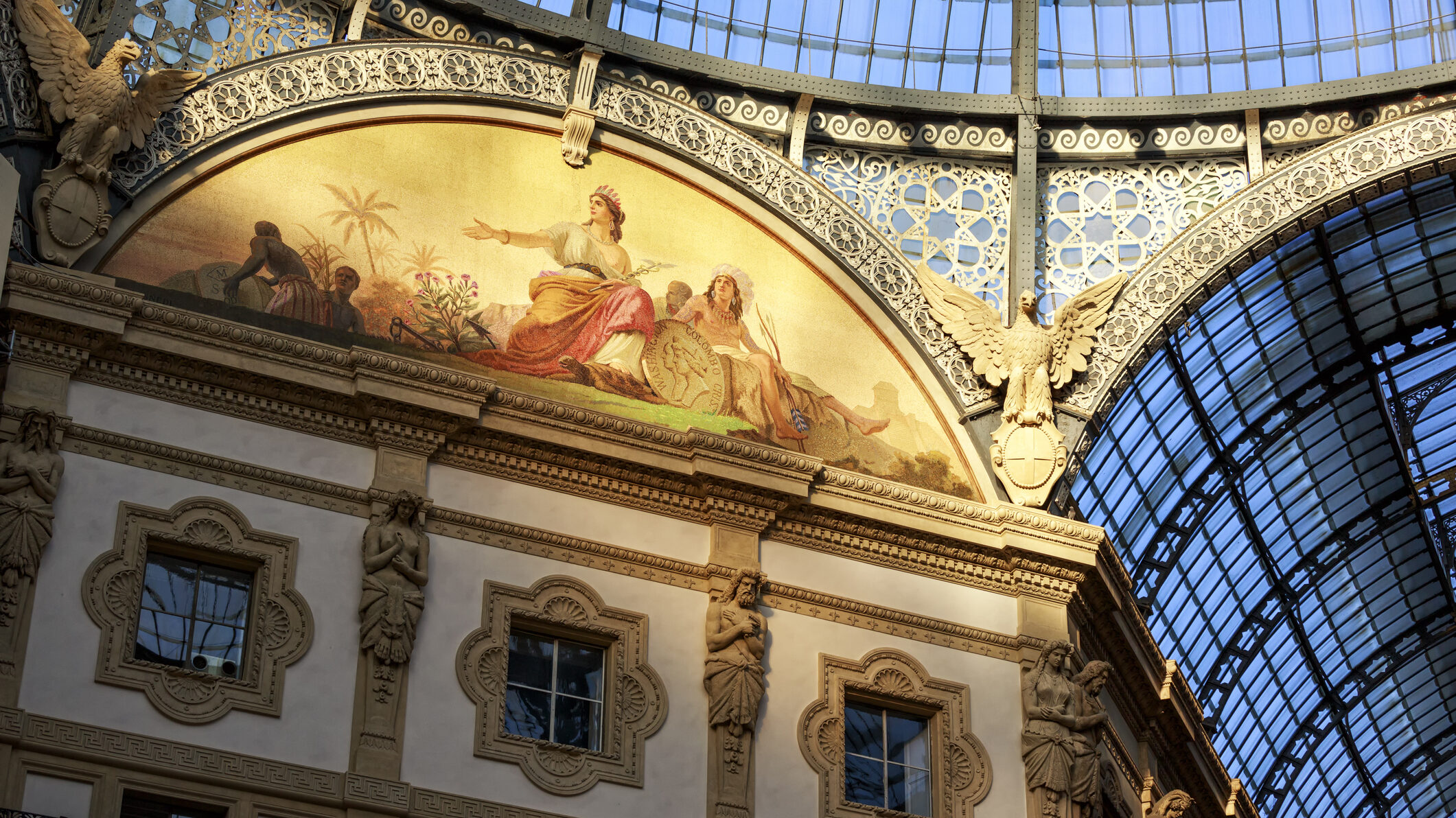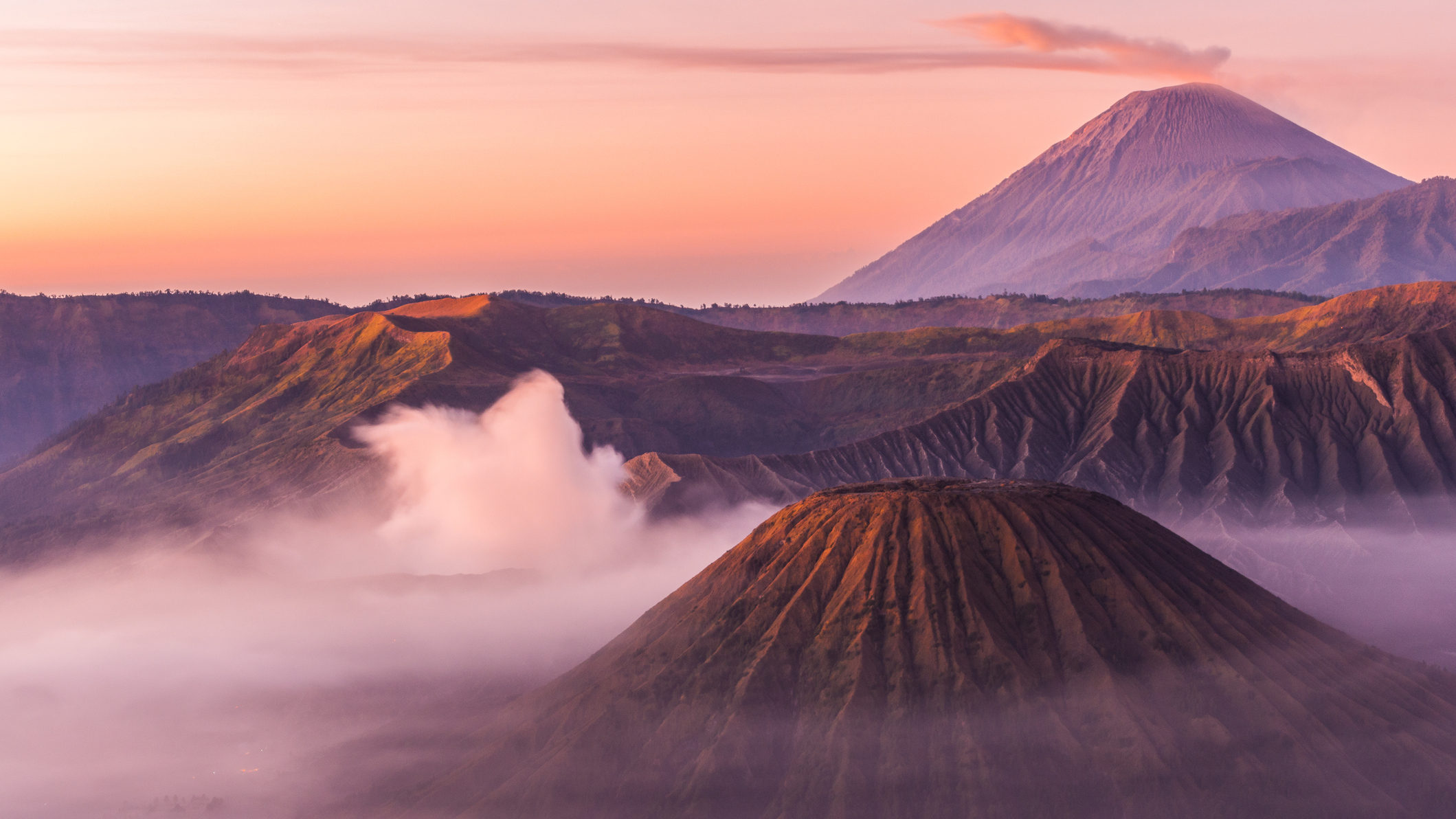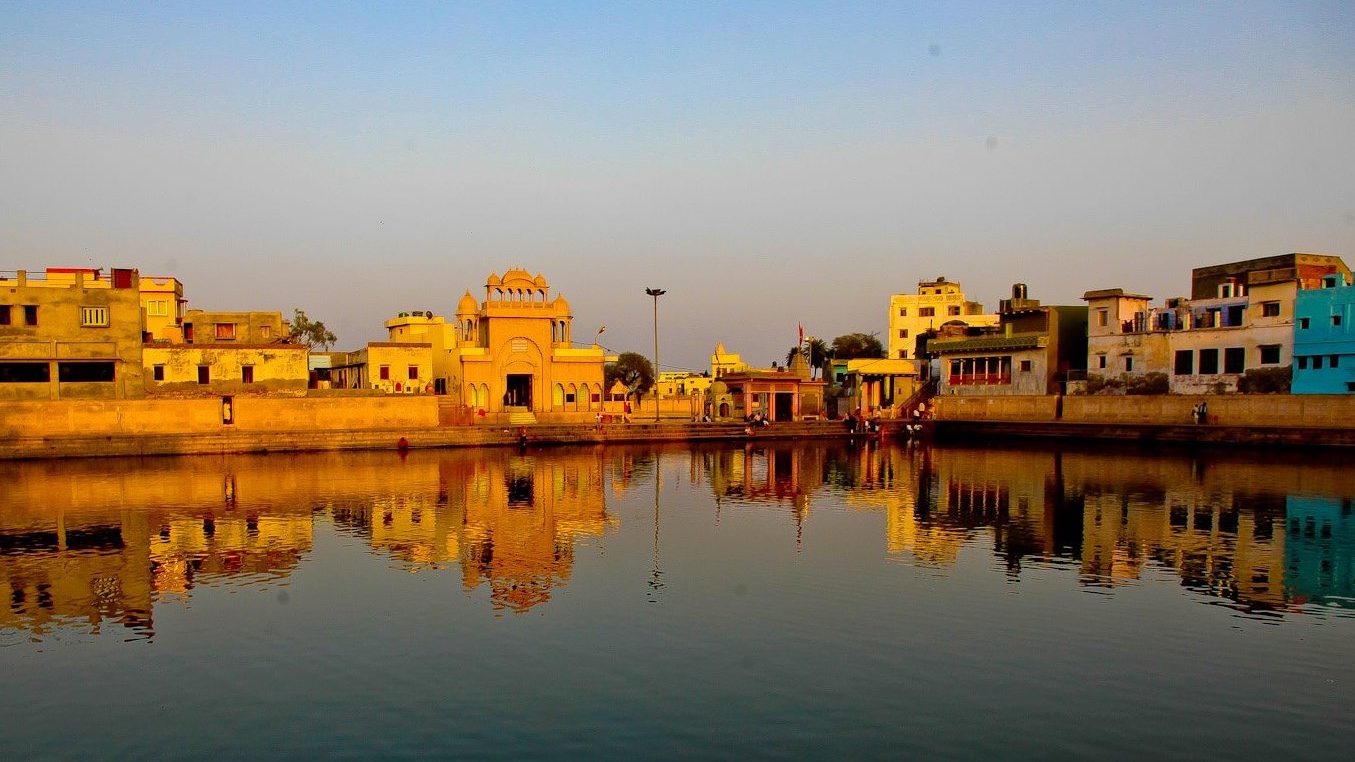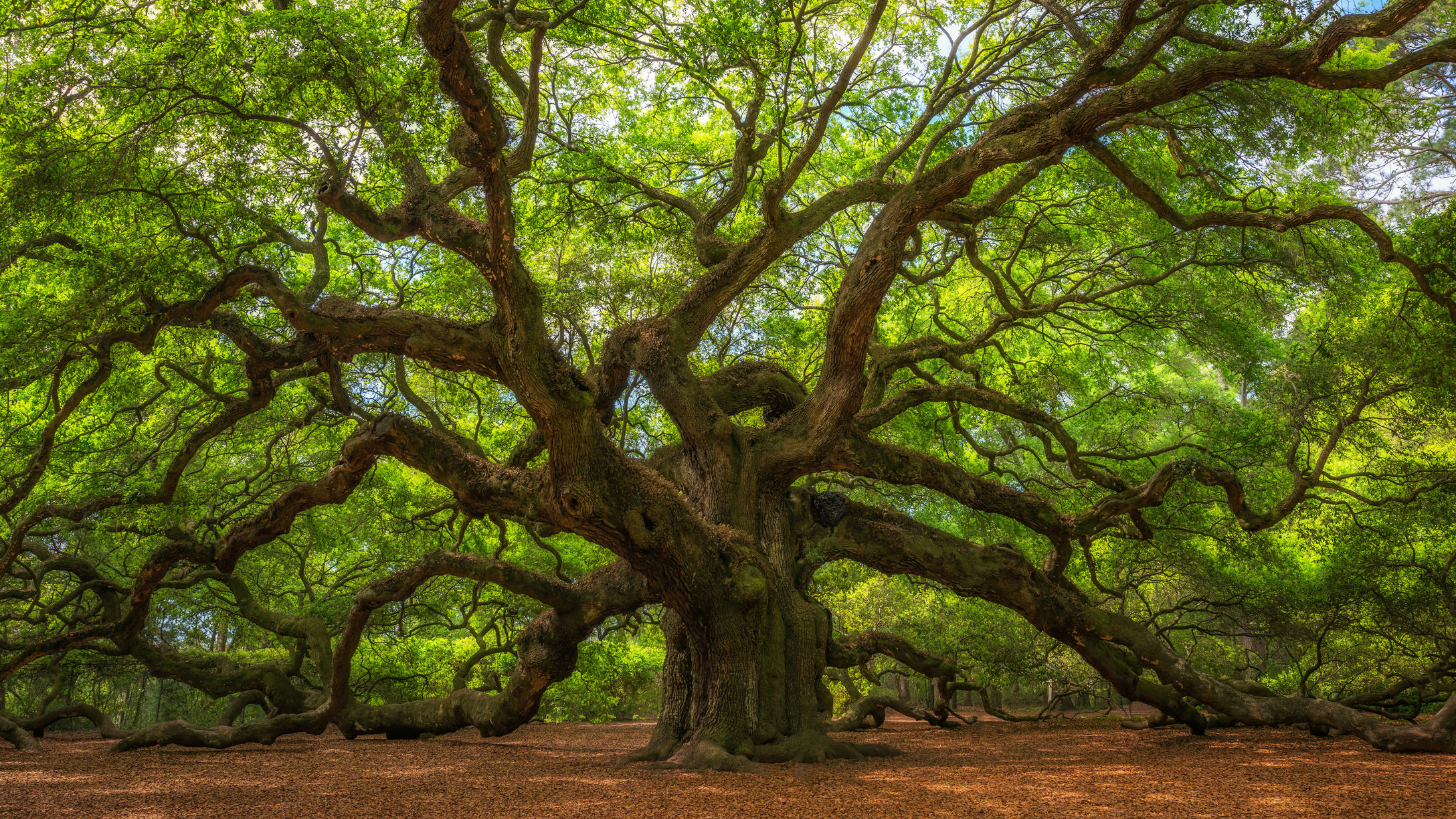
Soul-consciousness means the awareness that we have a soul, that we are soul-beings, and that the soul is divine.
Since the soul is not material we cannot achieve soul-consciousness through our material senses. We will never find the soul by simply gazing out of our window. It is true that the hints and clues of our material world—beauty and charm, sweetness and attraction—touch our hearts and lift our souls. But the moment of soul-consciousness will come spontaneously, surprisingly, mercifully.
Soul consciousness comes as a revelation. It is not the creation of new knowledge. It is the discovery of everything we already knew but did not realise. It comes not as a discovery of all the wonders that were unknown to us. It comes as the discovery that everything is familiar, has always already been so close by that we could touch it.
Soul consciousness arrives not through the familiar experiences of our material experience, but through the mystery and charm of our spiritual life. The soul is playful, light and sweet. It is neither shy nor timid. While the mind is cautious about the dangers of the material world, the soul is open and naive, curious and searching, eager and affirming.
Continue reading





